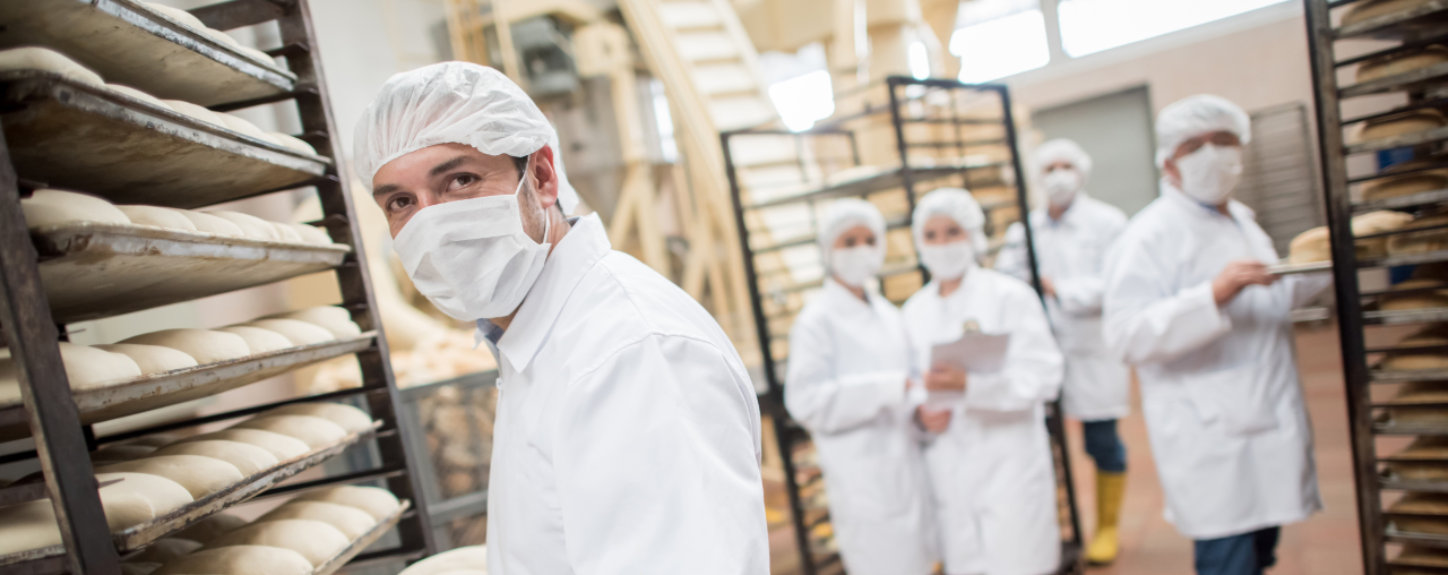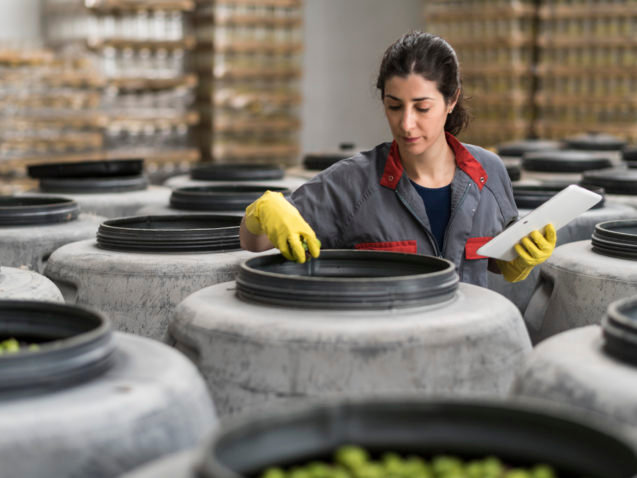As part of our #FoodFuture project we’re speaking to experts about how to best achieve more sustainable food systems. We spoke to Wiebke Warneck, Political Secretary Food, Drink & Tobacco sector from the trade union EFFAT, to find out how the sector is developing the skills of those who work in it and what more can be done.
It was just after COVID-19 that Russia invaded Ukraine adding additional strain to the food supply chain: energy and commodity prices are soaring, speculation is pushing millions of people into hunger and poverty; wages can’t keep up with inflation causing real hardship for workers.
The green and digital transition are urgent and in the making. Yet, it brings about many challenges to the workplace with lots of different social implications for workers. Transition needs to be just and work for working people. This should be accomplished through the involvement of social partners, the anticipation of change through collective bargaining, and rigorous socio-economic impact assessment.
The issue of skills has been particularly high on the social dialogue agenda, to which EFFAT and FoodDrinkEurope dedicated the project: ‘Delivering high-level food industry skills in the digital economy.’ The aim was to identify new technologies, emerging jobs, new skills, and types of qualifications required, as well as to undertake a forward-looking reflection on what criteria will underpin a successful social adaptation of the Food sector.
Throughout, our social partners developed: ‘Good practices and tools from the food and drink industry in Europe‘, a toolbox for their members when recruiting new and skilled employees and when coping with an ageing workforce in the sector.
The above-mentioned projects find continuation in the current EU Commission-led Pact for Skills aimed at bringing together all agri-food actors to ensure the best set of skills through the highest quality education, vocational training, and life-long learning activities.
During this process, EFFAT will make sure that the long-term perspective of vocational education and training is ensured in the pact and that work at the EU level respects and guarantees the existing national structures, as well as giving social partners a prominent place in the process while making a real difference for the workers at the workplaces.




